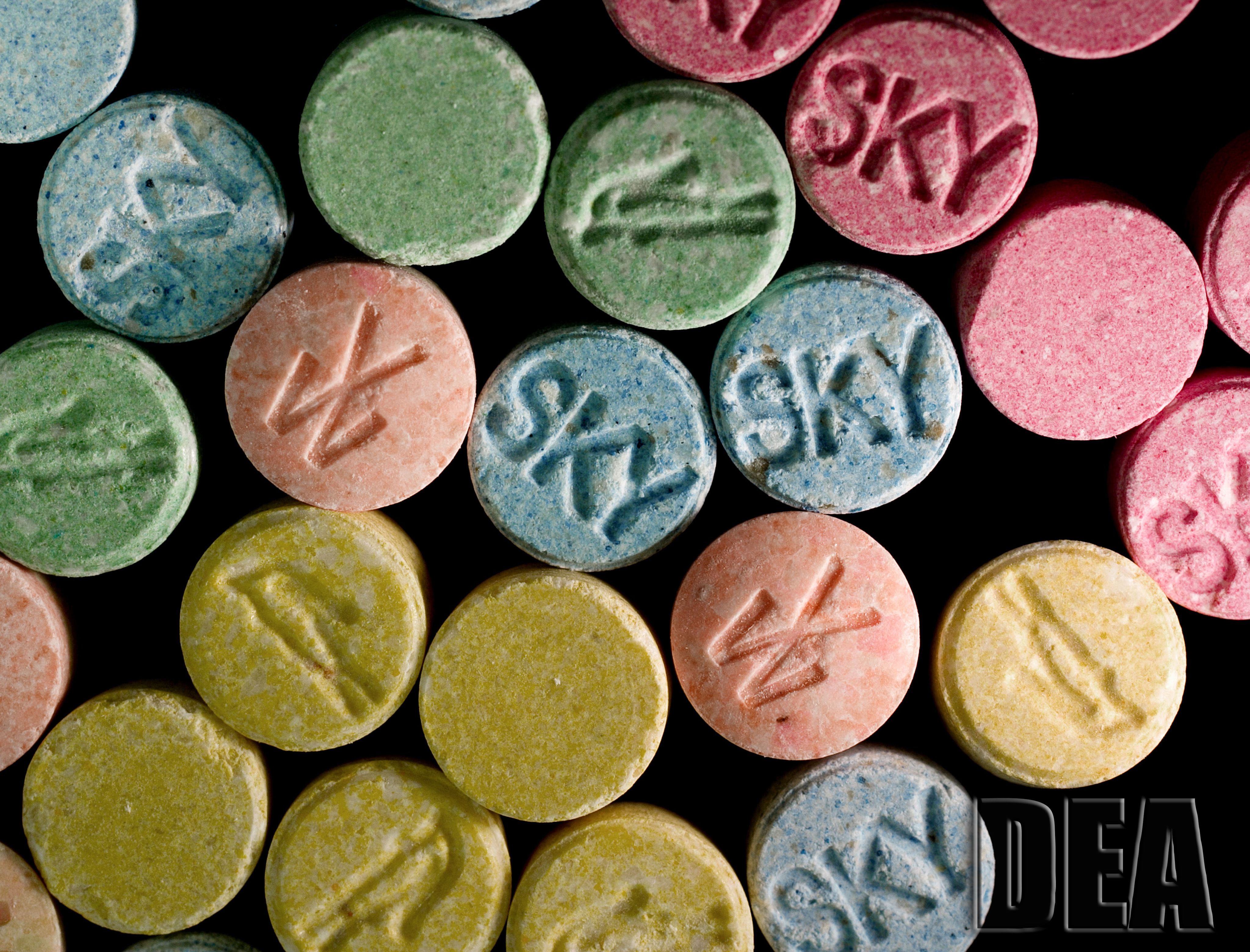Understanding MDMA: Effects, Risks, and Prevention
MDMA, commonly known as "Ecstasy" or "Molly," is a synthetic drug that has gained popularity in recreational settings. While some individuals may be attracted to the euphoric and empathogenic effects it produces, it's essential to understand the associated risks and consider harm reduction strategies to prevent its misuse.
How MDMA Works in the Human Body
MDMA primarily affects the brain's neurotransmitter systems, particularly serotonin, dopamine, and norepinephrine. When a person takes MDMA, it triggers the release of large amounts of serotonin, which contributes to the feelings of happiness, emotional closeness, and reduced anxiety that users often experience. This is why it's often associated with a sense of heightened empathy and connection.
However, the rapid release and depletion of serotonin can lead to several side effects and risks.
Side Effects of MDMA Use
Dehydration and Hyperthermia: MDMA can lead to a significant increase in body temperature, which, in extreme cases, can result in dehydration and heatstroke. Users are at risk of overheating and should be cautious, especially in crowded and hot environments.
Cardiovascular Effects: MDMA use can elevate heart rate and blood pressure, posing risks to individuals with underlying heart conditions.
Serotonin Syndrome: Excessive use or combining MDMA with other substances can lead to serotonin syndrome, a potentially life-threatening condition characterized by high body temperature, agitation, muscle rigidity, confusion, and seizures.
Mental Health Implications: Long-term or heavy MDMA use has been linked to mood disturbances, depression, and anxiety, which can persist even after discontinuing use.
Preventing MDMA Misuse
Education: Raising awareness about the risks and effects of MDMA is essential. Educational programs and campaigns can provide accurate information about the dangers associated with its use.
Harm Reduction: Encouraging harm reduction practices is crucial. This includes staying hydrated, avoiding overheating, and taking regular breaks when dancing or exerting energy at parties or festivals.
Testing Kits: Test kits are available that can help users verify the purity and content of MDMA they intend to use, reducing the risk of unexpected and dangerous substances being present.
Seeking Help: Individuals struggling with MDMA addiction or experiencing adverse effects should seek medical and psychological assistance. Treatment options are available to help address addiction and mental health concerns.
Preventing MDMA Production
To address the issue at its source, law enforcement agencies and governments worldwide work to prevent the production and distribution of MDMA. This includes monitoring and intercepting illegal drug labs and supply chains.
It's important to note that MDMA production is illegal in many countries due to its potential for harm and misuse. Encouraging a drug-free lifestyle and promoting awareness of the risks associated with illicit drug production and distribution is crucial.
In conclusion, MDMA is a synthetic drug that can have significant risks and side effects. Prevention and harm reduction efforts, including education, testing, and seeking help for those in need, are essential to minimize the harm associated with MDMA use. Additionally, addressing the illegal production and distribution of MDMA plays a critical role in reducing its availability and misuse.

Comments
Post a Comment